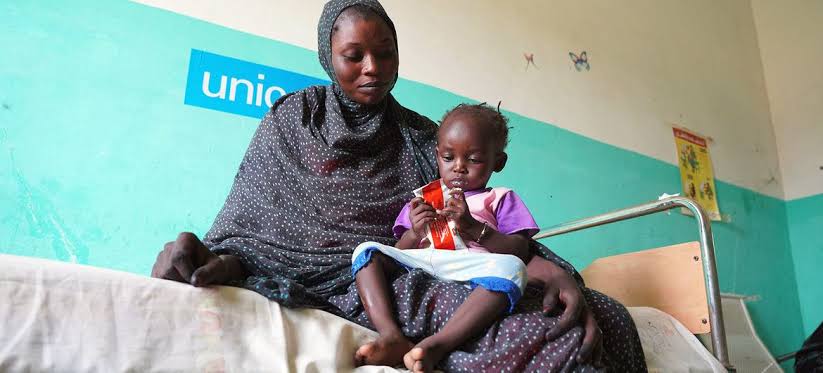
The United Nations Children’s Fund (UNICEF) has warned that around 3 million children under the age of five in Sudan are at risk of contracting epidemic diseases such as measles, malaria, cholera, pneumonia, and diarrhea.
In a post on its page marking World Malaria Day on April 25, UNICEF noted that children account for 22.3% of malaria cases and 16% of malaria-related deaths in Sudan. It highlighted that displaced populations lack access to malaria prevention or treatment services—or do not receive them at all—warning that the risk of malaria infection will increase with the upcoming rainy season between May and October.
The organization anticipated that the reporting of cases and deaths would be significantly lower than the actual numbers due to ongoing conflict and difficulties in communication and reporting.
The post explained that fewer than 25% of health facilities in the most affected areas of Sudan are still operational, while millions of people have been displaced from their homes, with most living in overcrowded camps and settlements with limited access to clean and safe water, proper sanitation, and basic healthcare services.
UNICEF Representative in Sudan, Sheldon Yett, stated that even under the best circumstances, children are vulnerable when infected with malaria, and with the collapse of health services in the country, the situation has become catastrophic. He called for investment in tackling disease outbreaks and rebuilding health services in Sudan.




